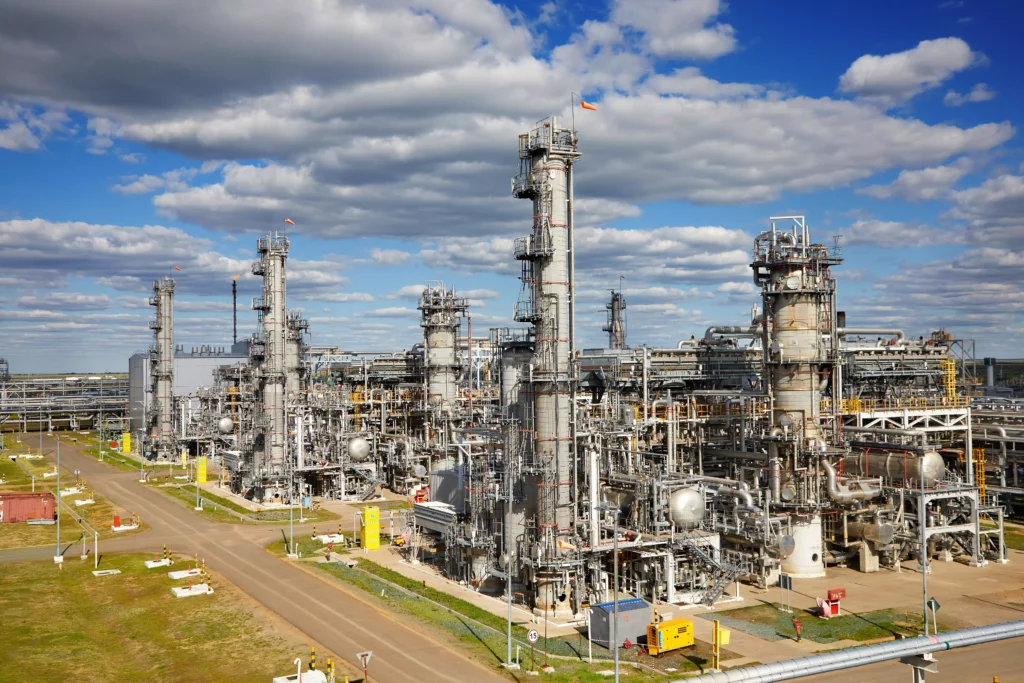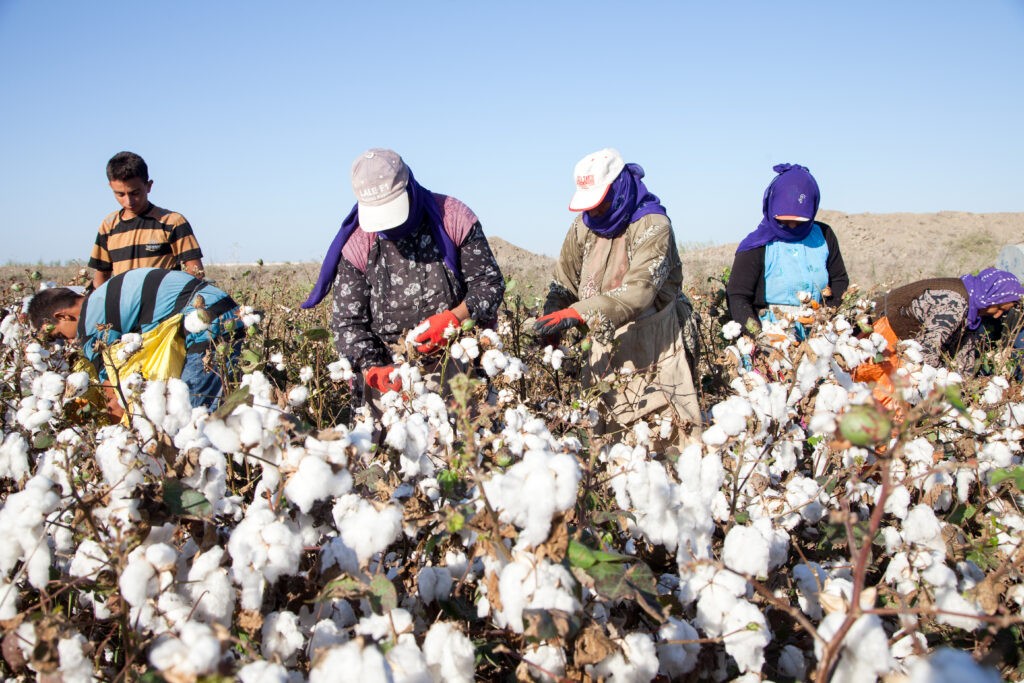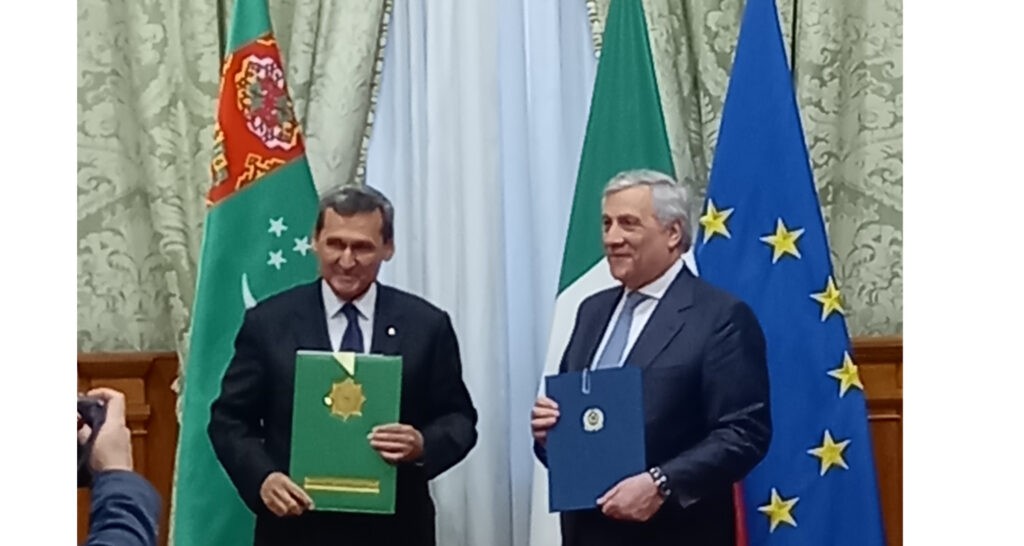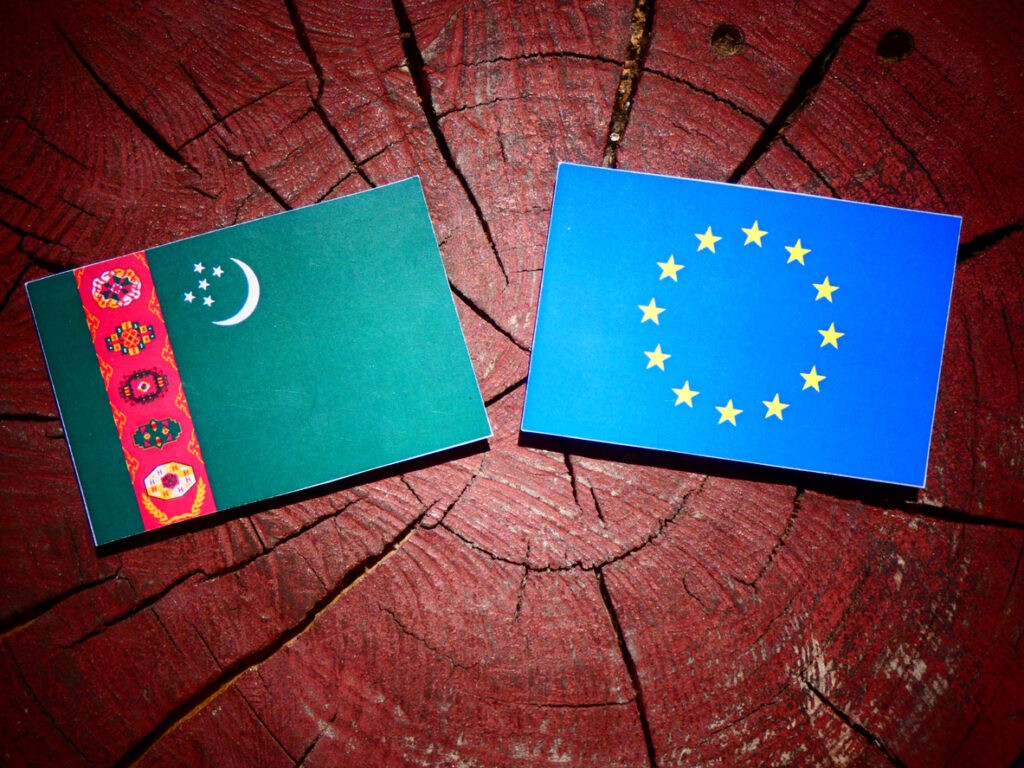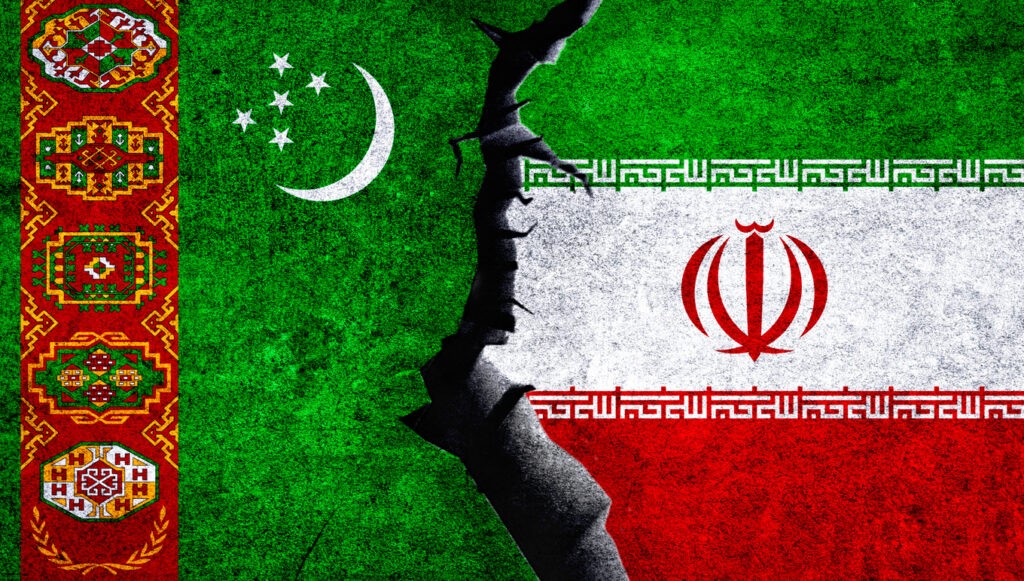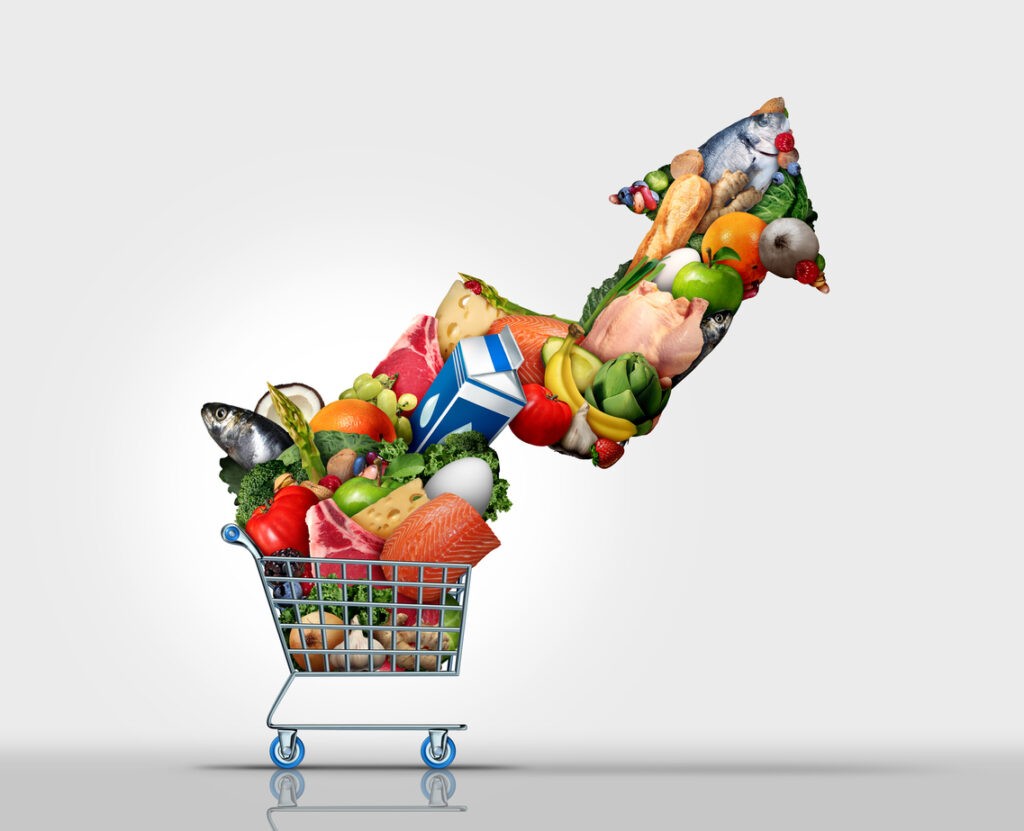The prices for several services provided by the state to farmers in Turkmenistan have increased several times over, according to a report from news portal Turkmen.news after reviewing documents showing the old and new prices for government goods and services. The price levels in the table are separated by different productivity per hectare, which, in turn, depends on the specific area of the crop. The table defines six stages of medium-fiber cotton yield from 7 (previously 6.4) to 40 centners (one centner is 100kg) per hectare. The price of mineral fertilizers for 1 hectare was 146.64 manat ($7.5 at market rate) in the past, but since the start of 2024 it has increased to 878.7 manats ($45). Seeds for 1 hectare were delivered for 38.83 manat ($2), and now for 103.51 manats ($5). It used to cost 53.88 manat ($2.50) to irrigate 1 hectare of land, but now it costs 208.6 ($10.50). The table also calculates the income of farmers based on all these costs. Before the recent increase in cotton and grain prices, the lowest-yielding tenants received 960 manat ($49) per hectare, and after all subtractions, they were left with just 8.6 manat ($0.40). For fields of the high productivity category - 40 centners per hectare, the standard initial income is 20,000 manat ($1,000), and after fees for state services - 15,000 manat ($770) per hectare. Tenants typically farm from three to 20 hectares, often up to five hectares, depending on their means. These are mostly useless, low-fertility croplands. There remains one glaring problem beyond the price hikes for government services and goods. In practice, farmers' costs aren't limited to payments for the aforementioned services. Firstly, farmers have plenty of informal costs. For example, a tractor driver hired by a farmer doesn't go to the field for free; they should be paid at least 100 additional manat just for showing up. Furthermore, things like timely supply of high-quality and mold-free seeds and fertilizers, the battle with chronic drought - all of these hindrances require large amounts of money to overcome. Second, the official quotas for fertilizer distribution by the state are greatly underestimated. Under government guidelines, 370 kilograms of urea and 500 kilograms of nitrogen are allocated for each hectare. According to the calculations of experienced farmers, at least 600 kilograms of urea are needed per hectare. But it's impossible to get that much at the state price, so one must buy additional fertilizers from private traders at a completely different, higher price. As a result, many villagers hand over their crops to the state and become indebted for all the above services. Villagers are looking for all kinds of additional ways to earn money, most of which are illegal. So, they rent fields for cotton and grain, but at the same time they grow vegetables on a part of the land. But this requires a more expensive rent payment and a separate contract. The result is that most of the farmers are giving up farming altogether and attempting...
